Nissan will delay by several years the launch of two all-electric sedans it planned to produce at its factory in Canton, Mississippi. The move comes as the industry, overall, reacts to a slowdown in the growth of EV sales.
Nissan has postponed until as late as 2027 the start of production for two new battery-electric vehicles at its Canton, Mississippi plant. The two sedans had been planned for the Nissan and Infiniti brands.
This marks the second time the two EVs have been delayed and reflects Nissan’s continuing caution about the EV market, two sources within Nissan told Headlight.News. A memo sent to dealers and obtained by Automotive News blamed the latest delay on “the need to enhance product competitiveness.”
Whether that means the automaker is waiting for further growth in the EV market, or if it feels the two electric sedans aren’t capable of standing on their own is uncertain. Nissan officials declined to comment.
From leader to laggard
Nissan was the first automaker to launch a mainstream battery-electric vehicle with the debut of the Nissan Leaf for the 2011 model year. It remained the market leader for several years but was eventually surpassed by the Tesla Model S. Today, Tesla is the EV market industry leader, last year setting record sales.
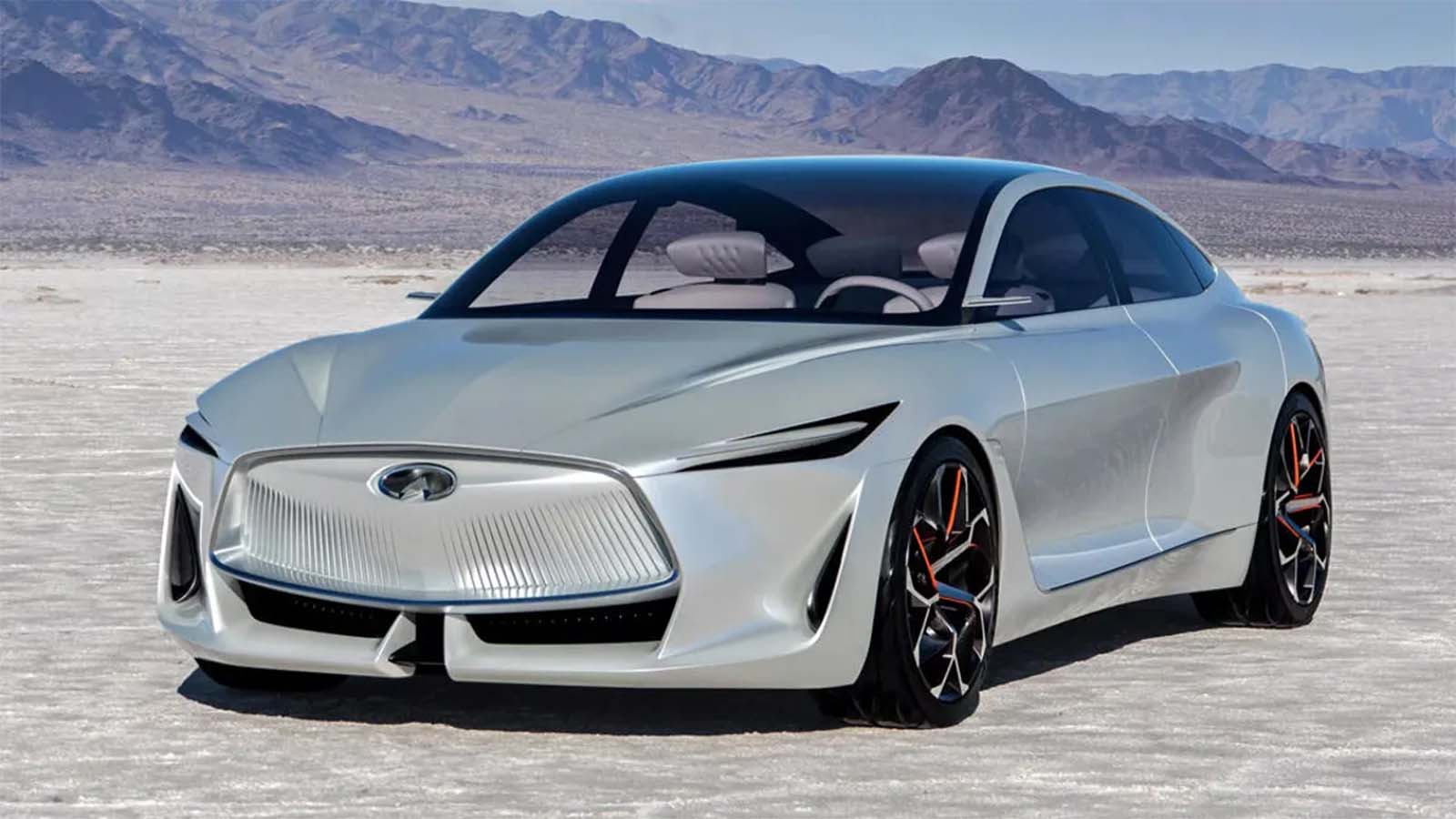
Infiniti has long delayed plans to get into the EV market. But it’s showed off a number of possible designs, such as the 2018 Q Inspiration Concept.
At Leaf’s launch, then-CEO Carlos Ghosn promised to make Nissan a global leader in the market by rolling out a procession of all-electric models. It wasn’t to be. Leaf received only marginal updates until several years ago when a longer-range version, the Leaf Plus debuted. The newer Nissan Ariya itself was repeatedly delayed, only coming to market in late 2022.
Today, the automaker is a marginal player in terms of U.S. EV sales. Though volume rose 41% year-over-year, American motorists only purchased 20,616 Leaf and Ariya models in 2023. The newer CUV outsold the original hatchback by nearly two-to-one.
Second delay
The two new models are electric sedans, the Nissan version, codenamed LZ1F, will now go into production in 2026, according to Automotive News, the Infiniti version, codenamed LZ1E, is set to follow in April 2026.
The delays could make it difficult for the automaker to hit its U.S. EV sales targets — which it has set at 40% of total volume in 2030. Last year, Leaf and Ariya accounted for just 2.5% of combined Nissan/Infiniti sales.
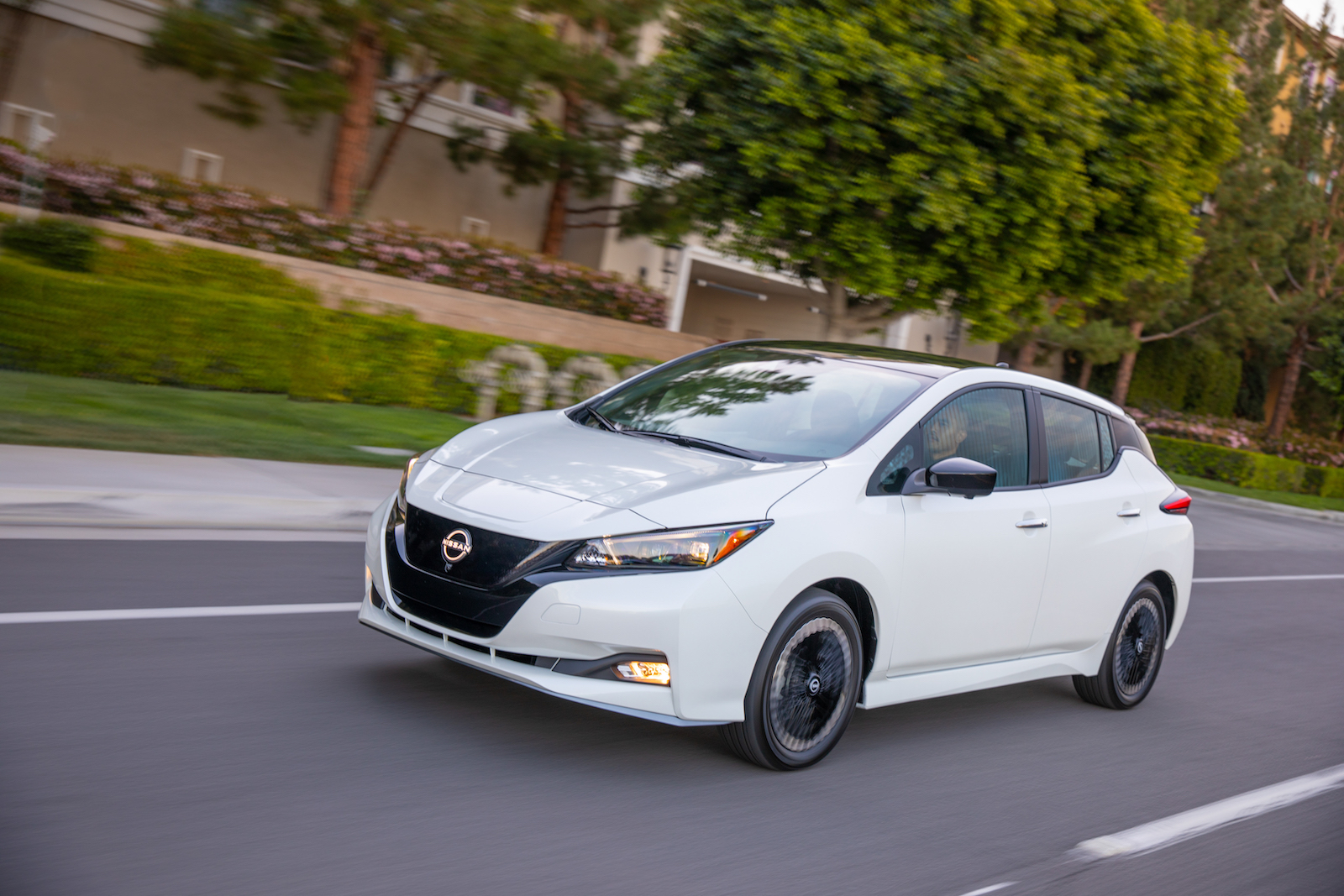
Nissan was the early EV leader with the Leaf, but fell by the wayside as leadership issued plagued the brand.
For the moment, there are no battery-electric models in the highline Infiniti brand’s line-up. It originally planned to introduce a more luxurious version of the Leaf. That and other projects have been canceled or, as with the LZ1E sedan, delayed.
More Nissan news
- EV Sales Could Slow as Tesla, Nissan, GM Lose U.S. Tax Credits on Some Model
- A Week With: 2024 Nissan Pathfinder Sports Improved Looks, Same Performance
- 2024 Nissan Rogue — Automaker’s Bestseller Gets a Google Update
Revised U.S. plans
For now, Nissan is looking at ways to fill the space at its Canton plant. Opened two decades ago as a light truck factory, the facility now produces a mix of products including the Altima sedan. It was scheduled to go out of production in 2025.
Sources said plans have been shifted to account for the EV delays but declined to say what that meant. According to Sam Fiorani, the lead analyst with AutoForecast solutions, the Mississippi facility currently operates at about half of its rated capacity of 410,000 vehicles annually.
It was to become the primary production center in the U.S. for EVs, Nissan officials previously said.
Nissan isn’t alone
EV sales surged rapidly over the last four years, even as the overall U.S. new vehicle market struggled through the pandemic. In 2019, battery-electric vehicles accounted for less than 1% of the retail market, said Tyson Jominy, head of data and analytis for J.D. Power. That rose to more than 8% by early 2023 but then flattened out. Nonetheless, American’s purchased more than 1 million all-electric models for the time last year.
How soon growth might accelerate again is uncertain. Analysts like Jominy and Fiorani point not only to so-called “range anxiety” but concerns about the high cost of EVs, as well as the lack of a robust public charging infrastructure.
For the moment, a number of key manufacturers are rethinking electrification plans. General Motors, for one, has delayed the reopening of an EV plant in the Detroit suburb of Orion Township by more than a year. And Ford is stretching out $11 billion in investments. Among other things, it is slashing the production capacity of a battery plant in Marshall, Michigan while indefinitely delaying a battery plant in Kentucky.

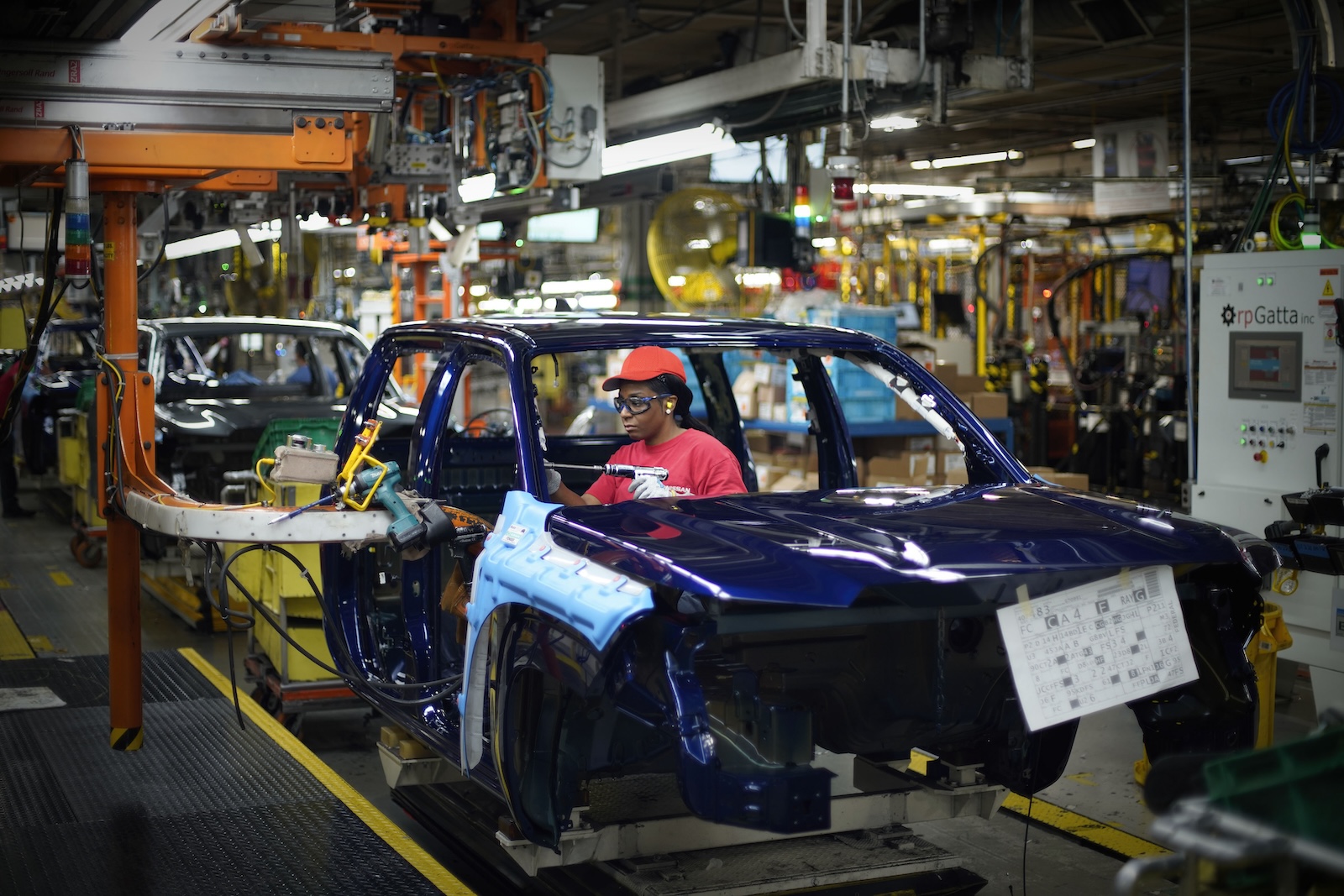
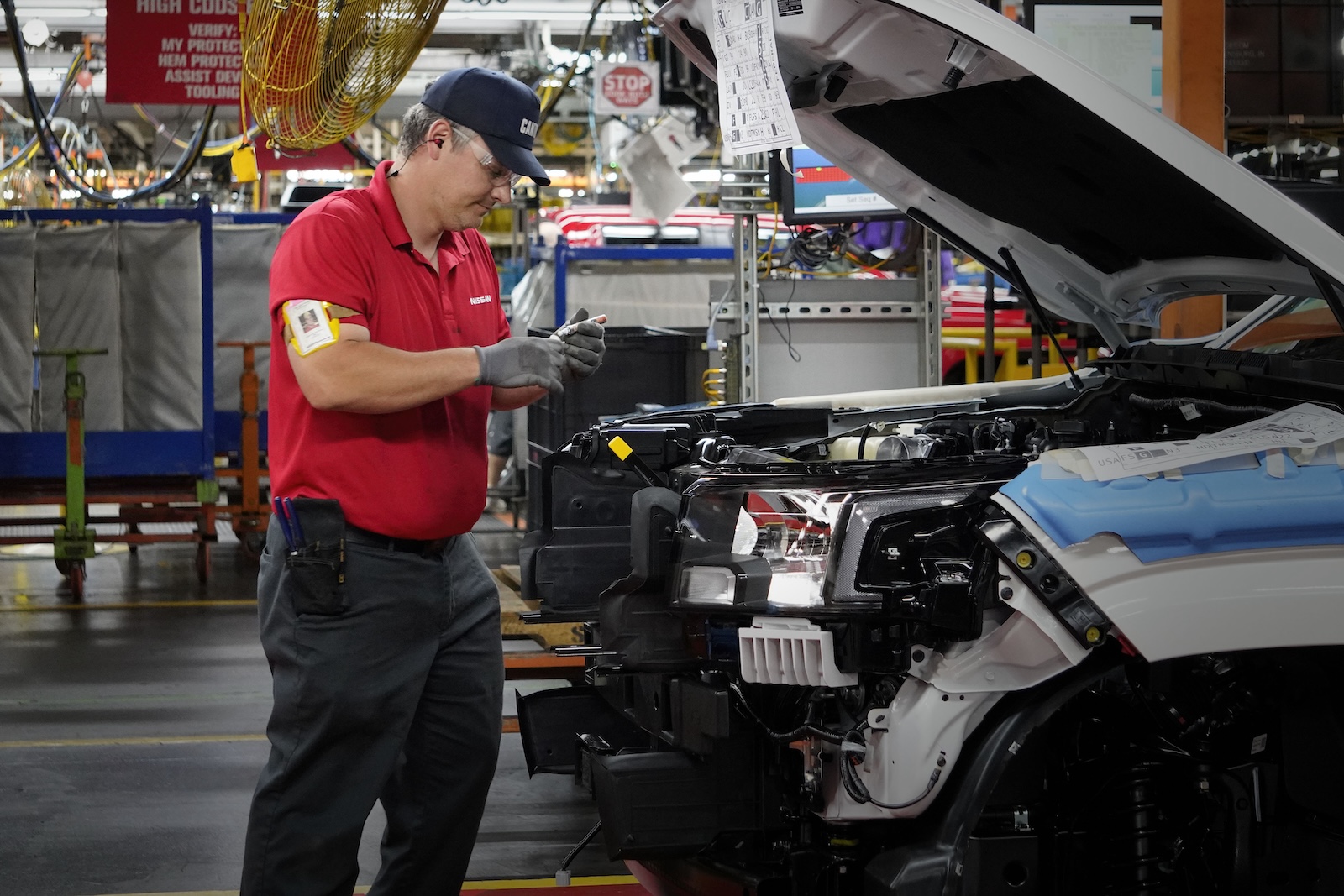
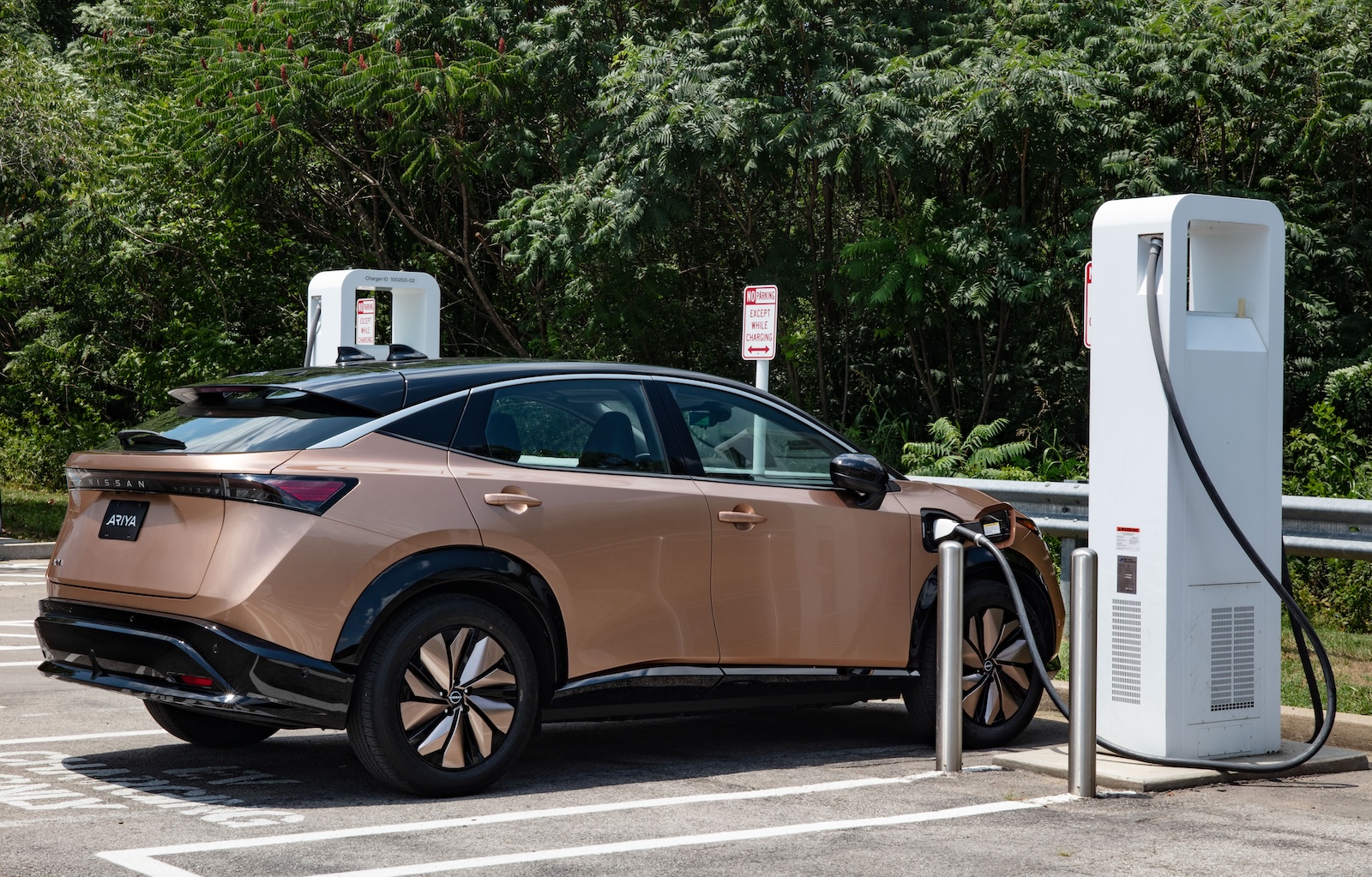

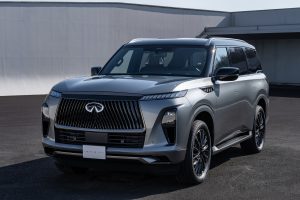
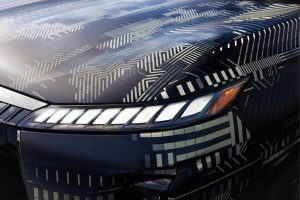
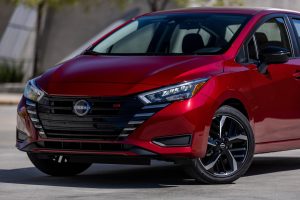

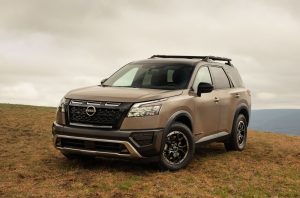
0 Comments